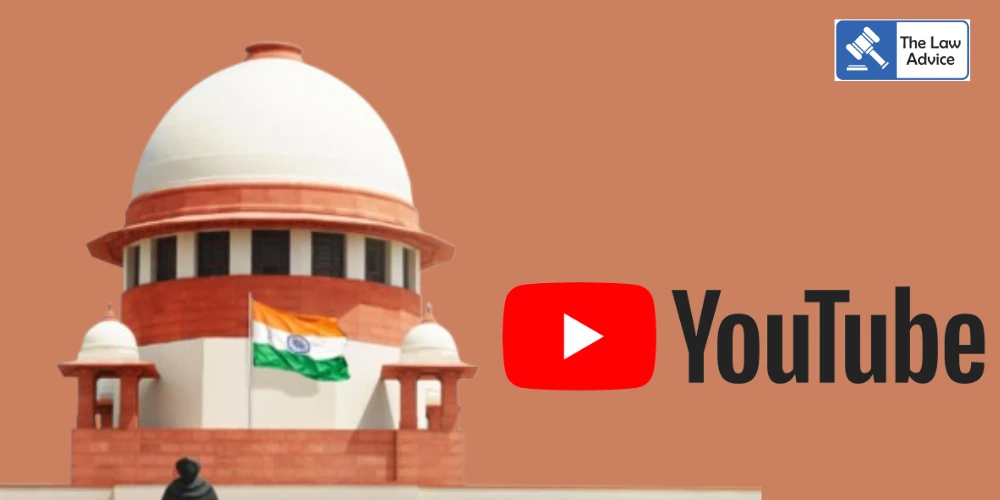New Delhi | July 22, 2025
A digital content creator has taken a significant legal stand in the Supreme Court against what it calls an “unconstitutional silencing” of media. The move comes after a Bengaluru court issued an extensive gag order restricting coverage of sensitive allegations linked to the Dharmasthala temple.
The petitioner, operating the YouTube channel ‘Third Eye’, has challenged the order, arguing that such blanket censorship not only violates the freedom of the press but also directly impacts the public’s right to know in a case of significant social and legal concern.
Background: The Dharmasthala Controversy
The case stems from disturbing allegations made by a sanitation worker who claimed to have witnessed mass burials within the Dharmasthala temple premises over a span of nearly two decades, from 1995 to 2014. The claims, now under investigation by a Special Investigation Team (SIT) appointed by the Karnataka government, have sent shockwaves across the state.
In response to media reports and digital content about the allegations, Harshendra Kumar D, brother of the Dharmadhikari (spiritual head) of the temple, filed a civil defamation suit in a Bengaluru court. In an ex-parte interim order, the court directed the deletion of 8,842 URLs, which included YouTube videos, tweets, and posts on other platforms.
The Challenge: “This Is Gagging, Not Justice”
The YouTube channel’s petition before the Supreme Court asserts that:
• The lower court passed the gag order without hearing the other side, violating natural justice.
• The content removed is part of a legitimate public discourse based on factual claims now under state investigation.
• Such orders create a chilling effect on journalists, content creators, and digital platforms that report on matters involving power, religion, or institutional influence.
Calling the order “legally disproportionate and procedurally flawed,” the petition urges the apex court to strike it down or stay its effect until the matter is heard fully.
Balancing Act: Free Speech vs. Reputation
This case brings to the fore a difficult constitutional balancing act:
• Can reputation of individuals or institutions justify silencing media during an active investigation?
• Should defamation claims be used to suppress discussion on matters of public concern?
• Where is the line between protecting dignity and suppressing scrutiny?
Legal experts suggest that while courts must prevent trial by media, pre-emptive deletion of thousands of links without due hearing sets a dangerous precedent.
What Happens Next?
The Supreme Court is expected to take up the matter in the coming weeks. If it admits the petition, it could result in:
• A stay on the civil court’s order.
• Laying down fresh guidelines for gag orders in cases under public scrutiny.
• Reaffirmation of the media’s role in democratic oversight and public accountability.
Case Title: Third Eye v. Harshendra Kumar D & Ors.
